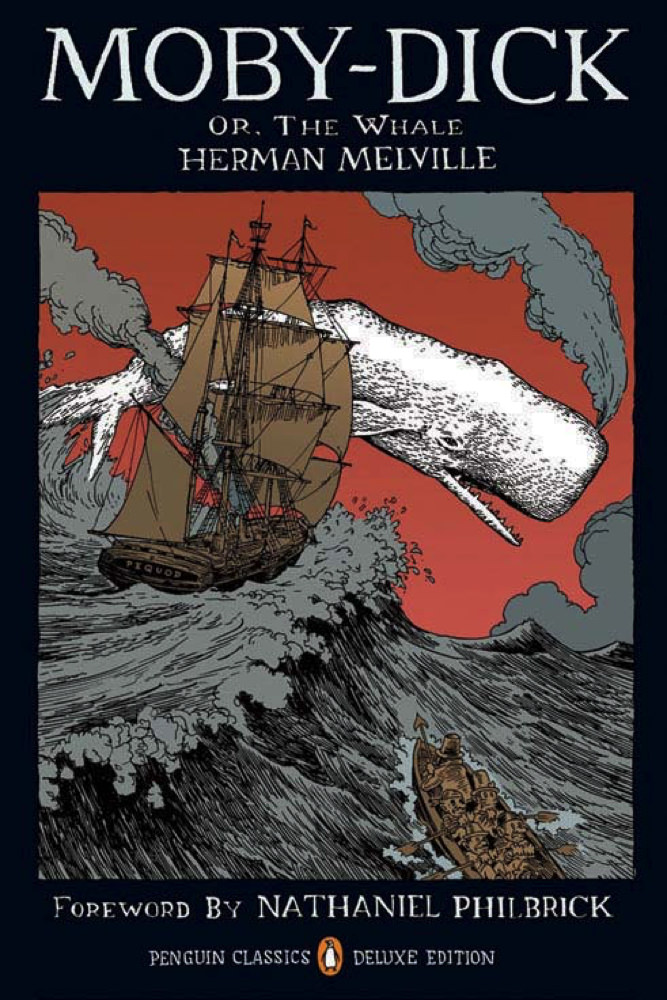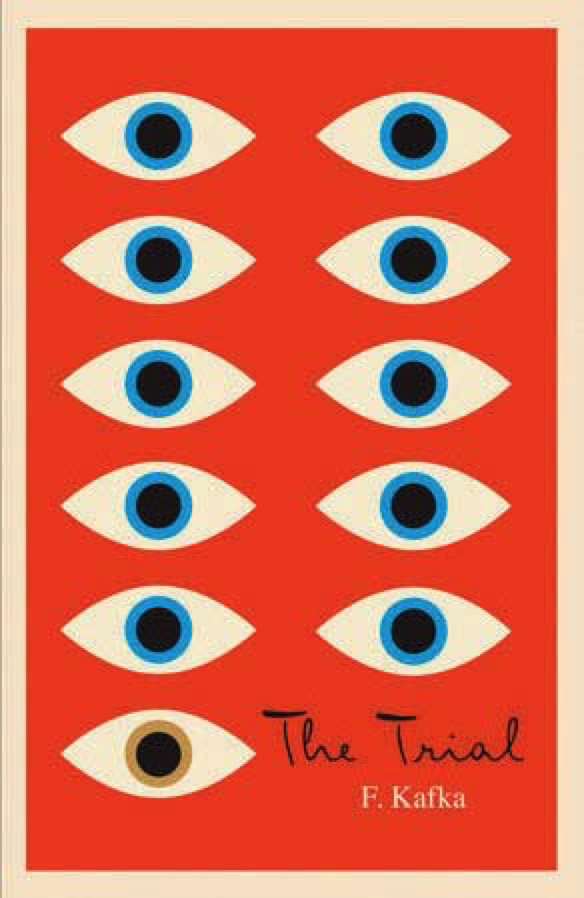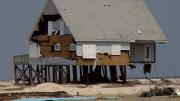Believers: Faith in Human Nature, by Melvin Konner, Ph.D. ’73, M.D. ’84 (W.W. Norton, $27.95). The biological anthropologist/neuroscientist at Emory University examines the origins of faith from his upbringing (as an Orthodox Jew, who became a nonbeliever at age 17), his work in Africa among the !Kung, and the perspectives of, yes, modern science. Faith, he finds, is “an evolved, biologically grounded, psychologically intimate, socially strong set of inclinations and ideas that…will never go away.”


In a world of bite-sized Twitter posts, William Roger Lewis reminds us of the classic works that reward deep reading.
Indispensable Reading: 1,001 Books from the Arabian Nights to Zola, by William Roger Lewis, A.M. ’63 (I.B. Tauris, $35). As Barnes & Noble is taken private and students express outrage at being asked to read, you know, a whole book, the Kerr professor of English history and culture at the University of Texas at Austin delivers a bracing message: reading will persist, it is worth the work, and here are 1,001 curated suggestions for doing so. The helpful categories range from those clearly good for you (history, literature, etc.,) to enticing vices (A.J. Liebling on cooking and food; Calvin Trillin on crime). A healthy dose of optimism, at the most opportune time.
You’re It, by Leonard J. Marcus et al., of the National Preparedness Leadership Initiative (PublicAffairs, $28). The nation isn’t acting to stave off hurricane disasters, so it should welcome guidance on “crisis, change, and how to lead when it matters most” (the subtitle) from four affiliates of the public-health/Kennedy School NPLI. Their examples (an active shooter, a data breach, etc.) are distressingly familiar, and the jacket copy about “turbulent times” can be read as a sad commentary on stormy weather—and the times in general.
Fair Play, by Eve Rodsky, J.D. ’02 (Putnam, $26) A checklist sort of book offering a “game-changing,” project-management solution for the real inequalities of domestic life, particularly as they impinge on women, whether they work outside the home or not. The cause is noble, the solutions may well be effective—but readers have to put up with a lot of Upper Cased Tips and Suggestions (“Conception, Planning, and Execution,” etc.), and what must be one of the worst typefaces ever deployed across 300-plus pages.
Sharenthood: Why We Should Think before We Talk about Our Kids Online, by Leah A.Plunkett (MIT, $24.95). A faculty associate of Harvard’s Berkman Klein Center for Internet and Society warns about the terabytes of accessible, trackable information about their progeny that parents are spreading about. “If Tom Sawyer were a real boy, alive today,” she begins, “he’d be arrested for what he does in the first chapter” of Twain’s novel—because of Aunt Polly’s social-media posts about his exploits. Time to carve out a little private space for childhood.
Bleeding Out, by Thomas Abt, adjunct lecturer in public policy (Basic Books, $30). “A young man, unconscious, lies before you on a gurney,” bleeding profusely from a gunshot wound in the thigh. What to do? “First you stop the bleeding”—absent that, nothing else counts. With that vivid image, the author, a criminal-justice policymaker, says the response to urban violence has to focus first on the violence (homicides, for example), before trying to address it through attacks on drugs, gangs, or guns. “Murder on the streets of our cities is a deadly serious problem,” he says, “but it is also a solvable one.”
John Rawls: The Path to a Theory of Justice, by Andrius Gališanka (Harvard, $45). The late political philosopher remains foundational to political theory and the modern construction of liberalism (for an example of the continuing scholarship, see “The Rawlsian Revolution,” this issue). An assistant professor at Wake Forest underpins the foundations of Rawls’s contributions through an intellectual and historical excavation of the origins of his ideas.
Won Over, by William Alsup, J.D. ’70, M.P.P. ’71 (New South Books, $27.95). A memoir by a (white) federal judge who grew up in Jim Crow Mississippi, clerked at the Supreme Court, and practiced civil-rights law back home before being appointed to the bench in San Francisco in 1999. When he rules against an African-American plaintiff, in 2011, his lawyer seeks Alsup’s disqualification because “You can go to Harvard, and you can clerk for Justice Douglas, but old institutionalized race and class attitudes are deeply ingrained early.” He stays on the case and says growing up in Mississippi had “opened, not closed, my eyes to the cruelty of racism.”
Learning from the Germans: Race and the Memory of Evil, by Susan Neiman ’77, Ph.D. ’86 (Farrar, Straus & Giroux, $28). In late May, President Lawrence S. Bacow, whose mother survived Auschwitz, listened as Commencement speaker Angela Merkel, chancellor of Germany, spoke of “the betrayal of all civilized values that was the Shoah.” Neiman, a Jewish daughter of the South, who lives in Berlin, combines philosophical inquiry, personal experience, and conversations with pioneers like Bryan Stevenson, J.D.-M.P.A.’85, LL.D. ’15 (see harvardmag.com/stevenson-17) to explore how efforts to atone for the Holocaust might inform Americans’ coming to terms with their history of slavery and racialist violence.
The Geography of Risk, by Gilbert M. Gaul, NF ’83 (Farrar, Straus & Giroux, $28). In time for hurricane season, a Pulitzer Prize-winning journalist and former Nieman Fellow explores the human-planned catastrophes in the making, as seas rise, coastal development accelerates, and tax breaks and federal flood insurance subsidize—indeed encourage—building in increasingly dangerous zones. The author’s warnings about floodplain and barrier-island development aren’t new, but they merit repeating in an age of climate change—before the next $100-billion-plus disaster bill, and the associated loss of life.
Something Deeply Hidden, by Sean Carroll, Ph.D. ’93 (Dutton, $29). As if you didn’t have enough trouble making this world great again, the author, research professor of (theoretical!) physics at Caltech, calls attention to the weirdness of quantum mechanics, the need to understand it better—and the unsettling implication that there are many worlds to contend with in the universe.
The Future of Immortality, by Anya Bernstein, Loeb associate professor of the social sciences (Princeton, $75/$22.95 paper). And now for something completely different: within the Russian Federation, which suffered an historic decline in longevity after the political and economic collapse of the Soviet Union, a nineteenth-century strain of chasing after immortality has manifested itself anew. An enthnographic, scholarly examination of techno-scientific (cryonic and biogerontological), religious, and other strivings after futurism—in a place that could really use some of these ideas panning out.
Wildhood: The Epic Journey from Adolescence to Adulthood in Humans and Other Animals, by Barbara Natterson-Horowitz ’83, A.M. ’83, and Kathryn Bowers (Scribner, $27). A UCLA cardiologist (and visiting professor in Harvard’s human evolutionary biology department) and her coauthor reinterpret that human awkwardness through the lens of other species, investigating the tasks of staying safe, living with others, “communicat[ing] sexually,” and leaving the nest. Homo sapiens parents may find the sweeping overview helpful, or not, but it is surely interesting.








